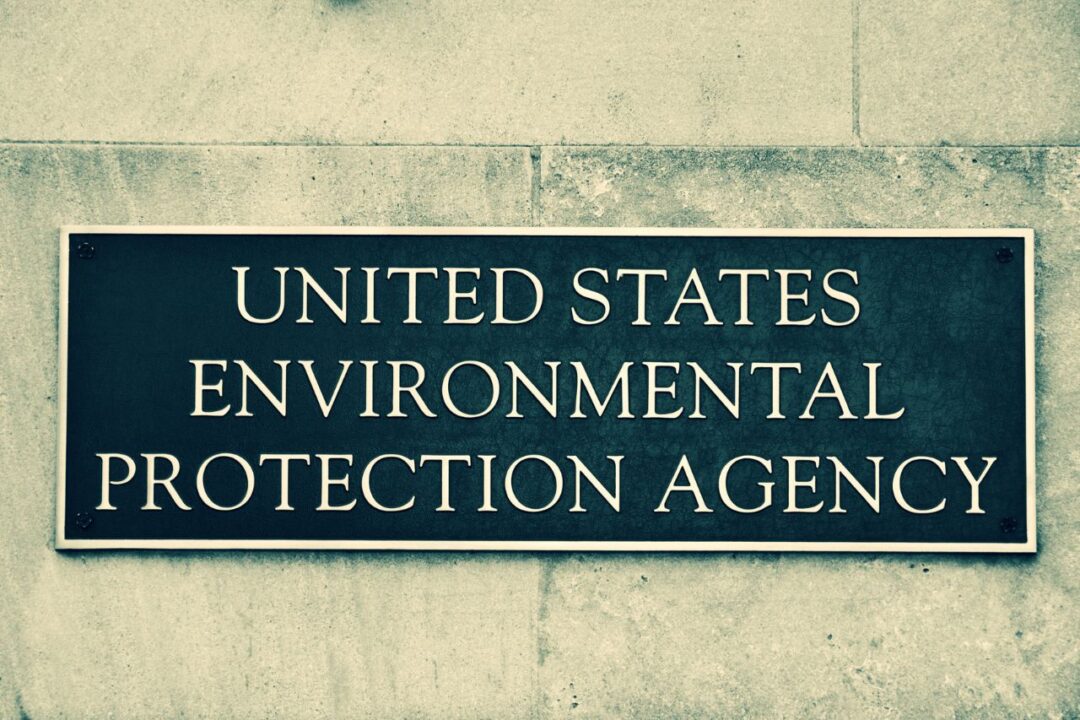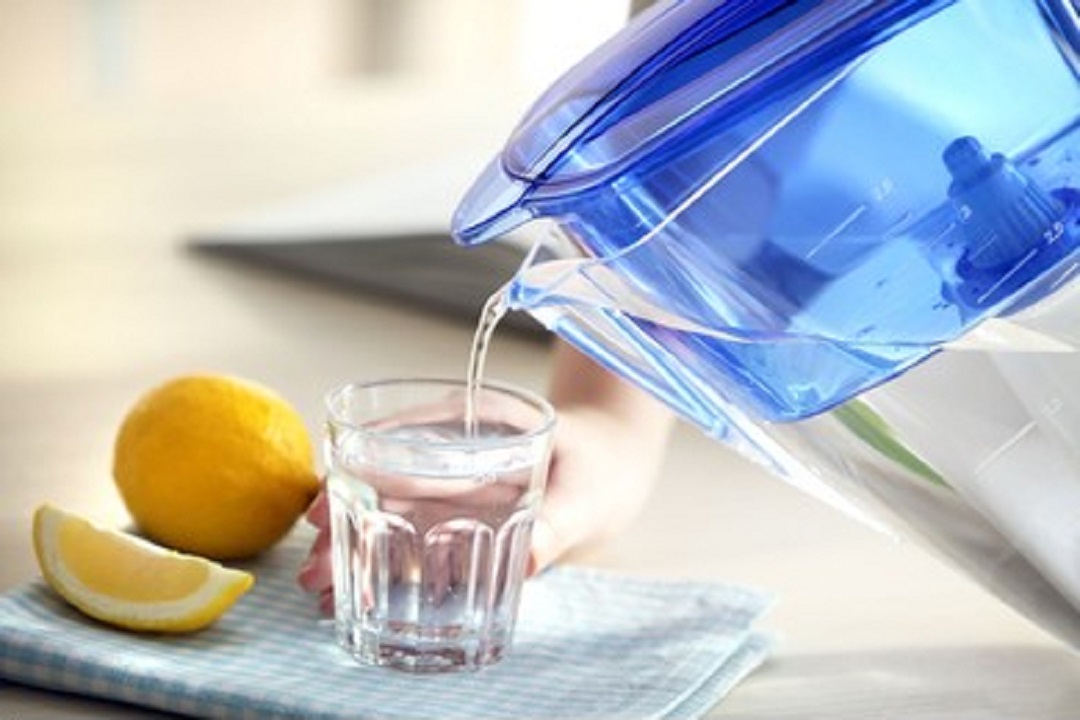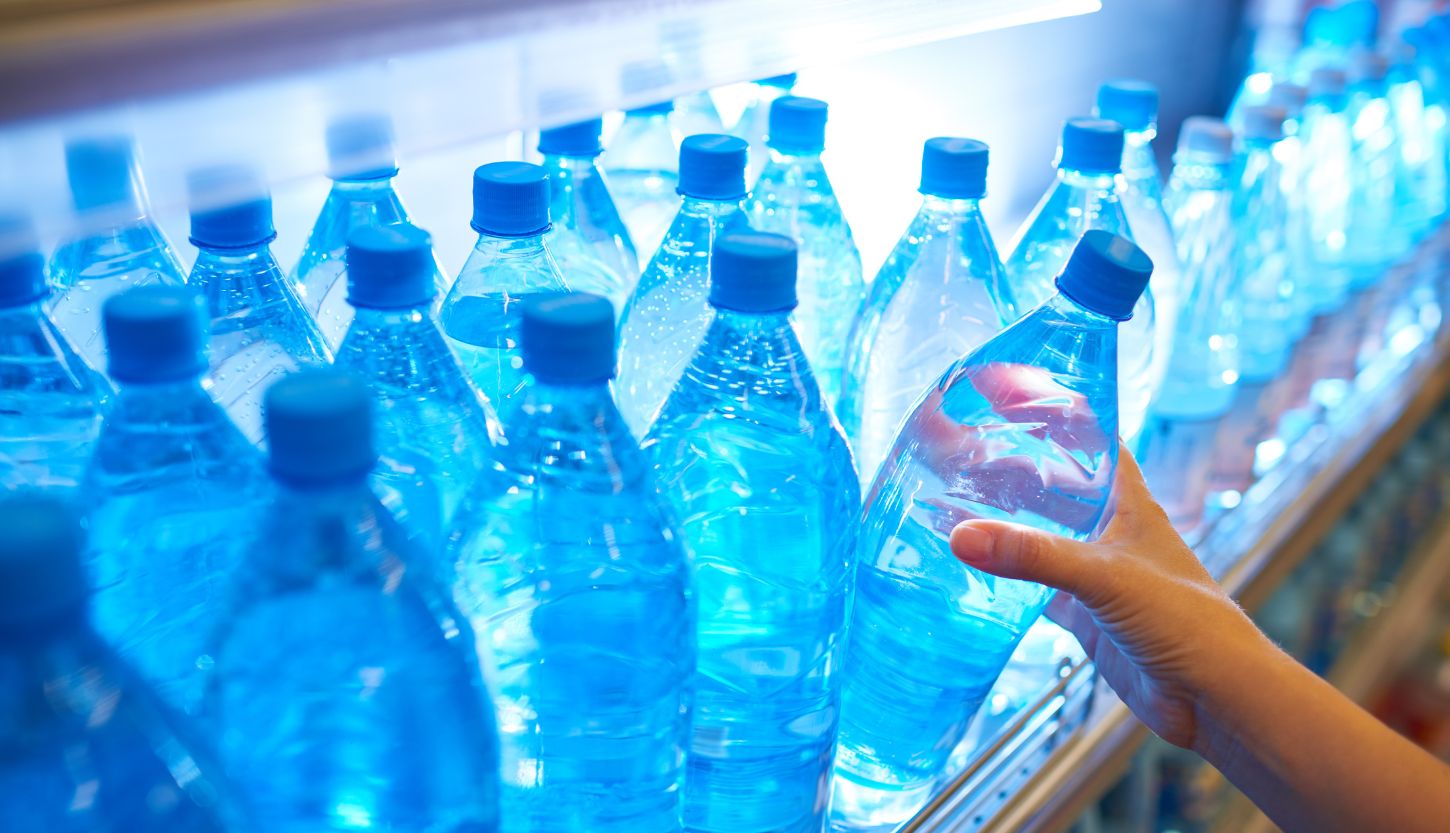The Truth About Bottled Water: 5 Reasons to Avoid It
Bottled water is everywhere, from stores to homes, giving the impression of being a healthier and safer choice than tap water. However, the reality is quite different. Not only does bottled water harm the environment, but it can also pose health risks. As a digital marketing assistant specializing in copywriting and content writing, I’ve gathered 5 compelling reasons to steer clear of bottled water. From plastic waste to harmful chemicals, this article exposes the truth and encourages the switch to safer, sustainable alternatives. Grab a glass of tap water and uncover the shocking truth about bottled water.
The Environmental Impact of Bottled Water

Bottled water may seem like a convenient and harmless way to quench our thirst, but the truth is that it has a significant impact on the environment. According to the Pacific Institute, it takes 17 million barrels of oil to produce the plastic bottles used in the United States alone. This amount of oil is enough to fuel 1 million cars for a year. Additionally, the production of plastic water bottles generates 2.5 million tons of carbon dioxide emissions each year. This is equivalent to the emissions produced by 3.7 million cars in a year.
The environmental impact of bottled water goes beyond the production of plastic bottles. It also includes the transportation and disposal of these bottles. According to the Environmental Protection Agency (EPA), only 23% of plastic water bottles are recycled, while the rest end up in landfills or oceans. These plastic bottles can take up to 1,000 years to decompose, and even then, they break down into microplastics that can harm marine life and end up in our food chain.
The environmental impact of bottled water is undeniable, and it’s time for us to take action. By avoiding bottled water and switching to more sustainable alternatives, we can significantly reduce our carbon footprint and protect the planet for future generations.
The Health Concerns Associated with Bottled Water
Many people believe that bottled water is safer and healthier than tap water. However, this is not always the case. In fact, bottled water can contain harmful chemicals that can have adverse effects on our health. One of the most common chemicals found in bottled water is Bisphenol A (BPA). BPA is a chemical used in the production of plastic bottles, and it has been linked to various health problems, including reproductive disorders, cancer, and cardiovascular disease.
Another harmful chemical found in bottled water is phthalates. Phthalates are a group of chemicals used to soften and increase the flexibility of plastic. Exposure to phthalates has been linked to hormonal disruptions, developmental problems, and asthma.
The health concerns associated with bottled water go beyond the chemicals it contains. According to a study conducted by the Natural Resources Defense Council (NRDC), one-third of bottled water samples tested exceeded allowable levels of contaminants. These contaminants include bacteria, arsenic, and other toxic substances.
In summary, bottled water can be harmful to our health due to the chemicals and contaminants it contains. By avoiding bottled water and switching to safer alternatives, we can protect our health and wellbeing.
The Cost of Bottled Water
Bottled water may seem like a cheap and convenient option, but the truth is that it can be quite expensive. According to the Beverage Marketing Corporation, the average cost of a 16.9-ounce bottle of water in the United States is $1.11. This may not seem like a lot, but it adds up quickly. If you consume one bottle of water every day for a year, it will cost you $405.15. This is significantly more expensive than tap water, which costs less than a penny per gallon.
The cost of bottled water goes beyond the price tag. It also includes the hidden costs associated with the production, transportation, and disposal of plastic bottles. These costs are not reflected in the price of bottled water, but they are paid for by the environment and society as a whole.
By switching to tap water or other sustainable alternatives, we can save money and reduce the hidden costs associated with bottled water.
Alternatives to Bottled Water

If you’re looking for a safer and more sustainable alternative to bottled water, there are many options to choose from. One of the most popular alternatives is tap water. Tap water is regulated by the Environmental Protection Agency (EPA) and is subject to strict safety standards. In fact, tap water is often safer than bottled water, as it is tested more frequently for contaminants.
Another alternative to bottled water is filtered water. There are many types of water filters available, including pitcher filters, faucet filters, and whole-house filters. Water filters can remove contaminants and improve the taste and odor of tap water.
If you prefer the convenience of bottled water, you can switch to refillable water bottles. Refillable water bottles are made from durable materials like stainless steel, glass, or BPA-free plastic. They are reusable, easy to clean, and can last for years.
The Benefits of Using Reusable Water Bottles
Using reusable water bottles has many benefits, both for our health and the environment. First and foremost, reusable water bottles reduce the amount of plastic waste generated by bottled water. By using a refillable water bottle, you can save hundreds of plastic bottles from ending up in landfills or oceans.
Reusable water bottles also save money in the long run. While the upfront cost of a reusable water bottle may be higher than a single bottle of water, it will pay for itself over time. You can fill up your water bottle for free at home, work, or public drinking fountains, saving you money and reducing your carbon footprint.
Finally, using reusable water bottles can improve your health. As we’ve seen, bottled water can contain harmful chemicals and contaminants. By using a refillable water bottle, you can ensure that you’re drinking clean, safe water that is free from harmful substances.
Tips for Making the Switch
Making the switch from bottled water to more sustainable alternatives can be challenging, but it’s worth it in the end. Here are some tips to help you make the transition:
- Start small: Begin by reducing your consumption of bottled water slowly. Instead of buying a case of water, buy a single bottle and refill it throughout the day.
- Invest in a reusable water bottle: Purchase a durable, reusable water bottle that you can carry with you wherever you go. This will make it easier to avoid bottled water when you’re on the go.
- Use a water filter: If you’re concerned about the taste or quality of tap water, invest in a water filter. This will remove contaminants and improve the taste and odor of your tap water.
- Plan ahead: When you’re going out, bring a reusable water bottle with you. This will help you avoid the temptation to buy bottled water when you’re thirsty.
- Spread the word: Share your commitment to reducing your use of bottled water with your friends and family. Encourage them to join you in making the switch.
Resources for Finding Clean Drinking Water

If you’re concerned about the safety or quality of your tap water, there are many resources available to help you find clean drinking water. Here are some options to consider:
- The Environmental Working Group (EWG) provides a free online database that allows you to search for the water quality in your area.
- The Water Quality Association (WQA) offers a certification program for water treatment products and services. You can use their website to find certified products that meet your needs.
- The Centers for Disease Control and Prevention (CDC) provides information on how to make sure your tap water is safe to drink. They also offer resources for finding clean drinking water in emergency situations.
Conclusion
Bottled water may seem like a convenient and harmless way to quench our thirst, but the truth is that it has a significant impact on the environment and our health. By avoiding bottled water and switching to safer and more sustainable alternatives, we can reduce our carbon footprint, protect our health, and save money. Whether it’s tap water, filtered water, or a refillable water bottle, there are many options available to help us make the switch. It’s time to say goodbye to bottled water and hello to a healthier, more sustainable future.
References
Pacific Institute. (2010). Bottled Water and Energy: A Fact Sheet. Retrieved from https://pacinst.org/wp-content/uploads/2013/02/bottled_water_and_energy.pdf
Environmental Protection Agency. (n.d.). Plastic Materials. Retrieved from https://www.epa.gov/risk/plastic-materials
Natural Resources Defense Council. (1999). Bottled Water: Pure Drink or Pure Hype? Retrieved from https://www.nrdc.org/sites/default/files/bottledwater.pdf
Beverage Marketing Corporation. (2019). Bottled Water Consumption Now Number One in the U.S. Retrieved from https://www.beveragemarketing.com/news-detail.asp?id=463
Environmental Protection Agency. (n.d.). Drinking Water Contaminants. Retrieved from https://www.epa.gov/dwstandardsregulations/drinking-water-contaminants
Environmental Working Group. (n.d.). EWG’s Tap Water Database. Retrieved from https://www.ewg.org/tapwater/
Water Quality Association. (n.d.). Find Certified Products. Retrieved from https://www.wqa.org/find-products#/tab/1
Centers for Disease Control and Prevention. (n.d.). Drinking Water. Retrieved from https://www.cdc.gov/healthywater/drinking/index.html

